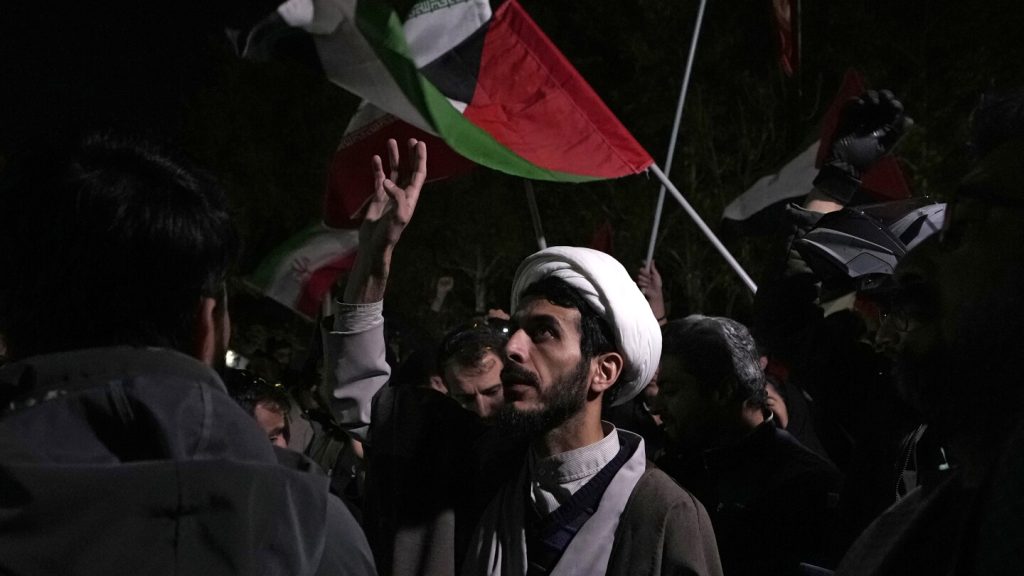Iran’s recent attack on Israel marked a significant change in approach for Tehran, which had previously relied on proxies in the Middle East. The attack was in response to an airstrike blamed on Israel that killed two Iranian generals in Syria. Israel reported that almost all of the drones and missiles launched by Iran were shot down, with only one missile causing minor damage to an airbase and injuring a girl in southern Israel. Iran’s Revolutionary Guard called the operation successful, despite minimal impact on Israel.
The Israeli War Cabinet met to discuss a response to Iran’s attack, with some advocating for military action while others urged restraint. Iran’s message was seen as a warning to Israel that there would be consequences if the rules of engagement were violated. Meanwhile, the ongoing conflict in Gaza has heightened regional tensions, with fears of a wider conflict escalating. Iran emphasized that their target was Israeli facilities, not civilians or economic areas, and stated they had no intention of continuing defensive operations unless attacked.
Following Israel’s offensive in Gaza, Iran-backed groups engaged in military actions while Tehran remained on the sidelines. However, with the recent attack on Israel, Iran demonstrated a willingness to escalate without relying on proxies. While Iran’s actions were seen as a warning shot, Israel’s allies, including the United States, have expressed a preference for diplomatic measures to deescalate tensions. President Joe Biden is working personally on diplomatic efforts to prevent further escalation and avoid a wider war with Iran.
The G7 and the UN Security Council convened urgent meetings in response to Iran’s attack on Israel, with participants condemning the action and expressing readiness to take further measures to address destabilization in the region. Analysts believe that Iran’s attack was a strategic move to show readiness to escalate and change rules of engagement in its shadow war with Israel. Despite the heightened tensions, efforts are being made to prevent further military action and instead focus on diplomatic solutions to ease the regional conflict.
Overall, Iran’s attack on Israel represented a shift in strategy from using proxies to taking direct action, signaling a potential escalation in the conflict. The response from Israel and its allies, including the United States, has been focused on diplomatic measures to prevent further military action and avoid a wider war with Iran. The ongoing conflict in Gaza has added to regional tensions, with fears of a wider conflict escalating. Efforts are being made through international organizations like the G7 and the UN to address destabilization in the region and prevent further escalation of the conflict.


